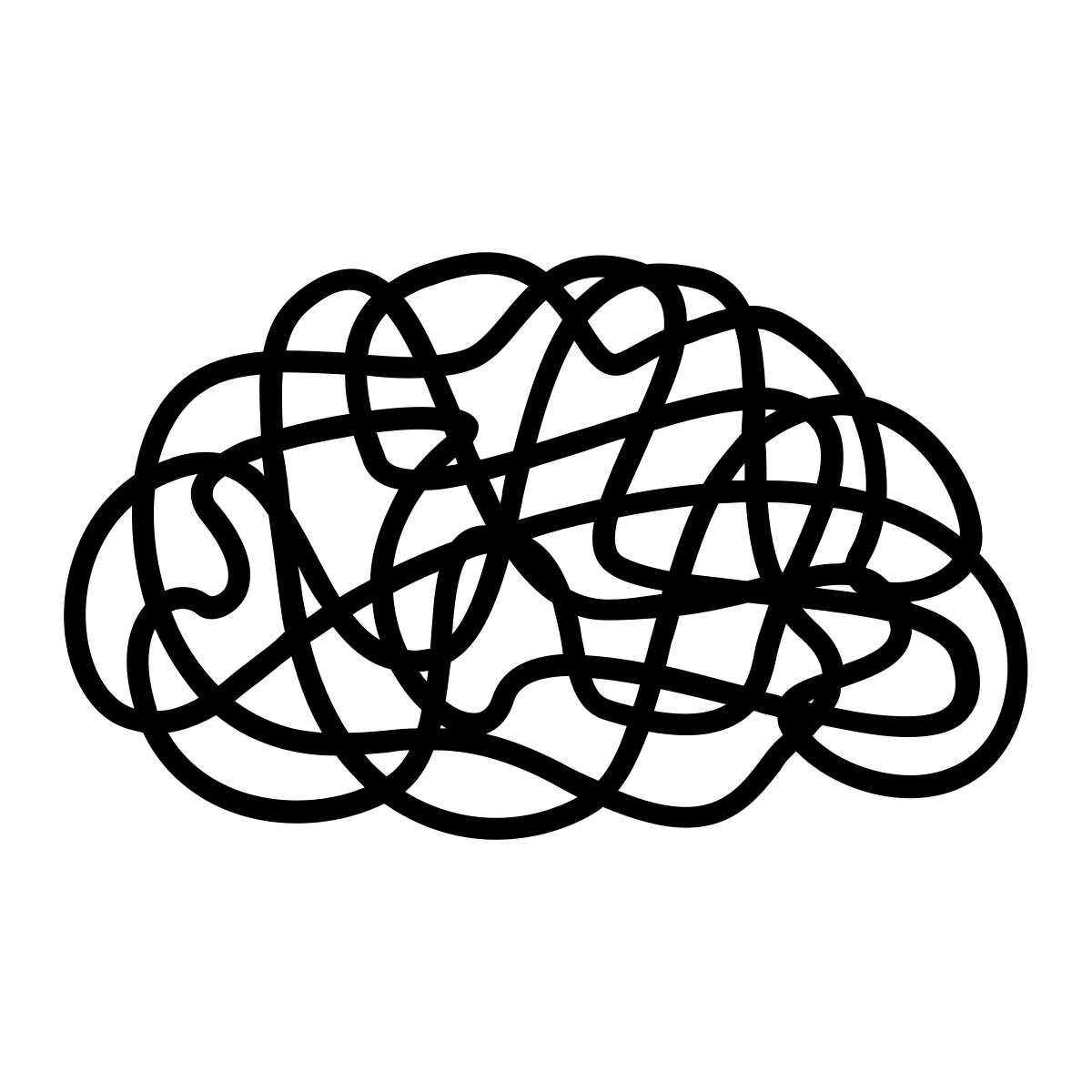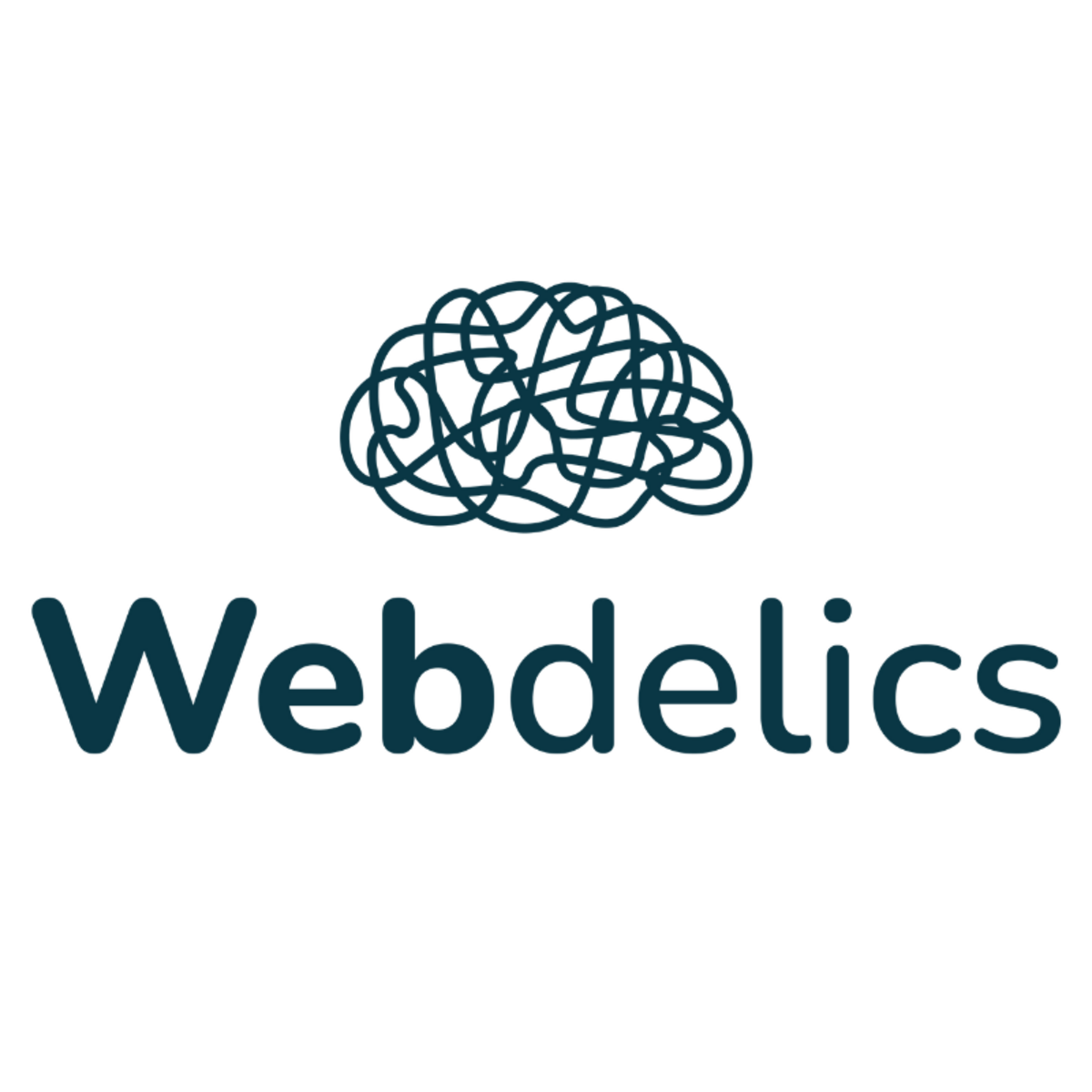
Explore the World of Plant Medicine and Psychedelics. A Weekly Digest of Exclusive Stories, Insights, and Research.


🎉 Top Weekly Blog!
Our Top Psychedelic and Plant Medicine Blog from Webdelics
The Webdelics website has over 160+ evidence-based, research-backed blogs that were intentionally written to give you the facts, not just our opinions.
📚 Here is this week’s top blog on our site, rated by our readers:
🗯 The more you know, the better decisions you can make…

Choose Natural Relaxation Tonight, Thrive Tomorrow
CBDistillery’s expert botanist has formulated a potent blend of cannabinoids to deliver body-melting relaxation without a next-day hangover.
Enhanced Relief Gummies feature 5mg of naturally occurring Delta-9 THC and 75mg of CBD to help relax the mind and body before bedtime.
Try them risk-free with our 60-day money-back guarantee and save 25% on your first order with code RLX25.

📜 Top Article
Psilocybin Therapy for Addiction - The Evidence Behind Recovery

It might surprise you to learn that the potential of psychedelics in treating addiction was first explored decades ago…
Early studies in the 1960s and 1970s showed intriguing results for LSD in helping people with alcohol dependence, and more recent research on psilocybin has built on that foundation in significant ways.
Today, we’re taking a deeper look at these studies—past and present—to explore how substances like LSD and psilocybin, combined with psychotherapy, may offer powerful tools for addressing alcohol use disorder, smoking addiction, and beyond.
🍻 Early Exploration - LSD for Alcohol Addiction
Researchers in the late 1960s and early 1970s conducted a meta-analysis—a comprehensive review of multiple studies—focused on lysergic acid diethylamide (LSD) as a possible treatment for alcohol addiction.
This meta-analysis included six randomized clinical trials from 1966 to 1971, each comparing participants who received LSD with those who received other treatments or no treatment at all.
Key Findings: Among the 325 participants who received LSD in these trials, remission from alcohol dependence was nearly twice as common in the LSD-treated group compared to control groups.
Odds Ratio: The odds ratio for improvement was 1.96, favoring LSD treatment—meaning participants were almost twice as likely to show improvement if they received LSD versus the placebo.
These results were certainly encouraging for the time, but given the era (and evolving research standards), it’s crucial to view them in context.
These studies were performed in the middle of the war on drugs, which inherently suppressed the findings and halted the progress of turning these into valuable tools for healing.
While these early findings hinted at the promise of psychedelic therapy, modern science has since refined these methods and further tested the safety and efficacy of psychedelics for addiction.
❤🩹 Psilocybin Therapy for Alcohol Addiction
Rydzyński and Colleagues (1968) 🥼
Fast-forward to 1968, and psilocybin—the active compound in “magic mushrooms”—began drawing attention for its potential to treat alcohol use disorder.
In one pioneering study, 31 patients with alcohol dependence received the following:
Psilocybin (6–30 mg), interspersed with
LSD (100–800 mcg), combined with
Psychotherapy to help process and integrate these experiences.
Every three LSD sessions, participants received one psilocybin session, approximately a week apart.
Over time, researchers noticed that psilocybin not only delivered more favorable results but also posed fewer adverse effects compared to LSD.
Eventually, LSD was discontinued, and the focus shifted entirely to psilocybin…
Outcomes: After a mean follow-up of 6 years, 32% of patients achieved complete abstinence, and 58% reported a “satisfactory therapeutic effect.” Wow!
Key Findings: This study hinted at psilocybin’s potential advantages, setting the stage for modern-day research into psychedelic therapy for addiction.
NYU Langone 2015 Study 📚
More recently, Dr. Michael Bogenschutz and his team at NYU Langone investigated psilocybin-assisted therapy for alcohol dependence in a smaller, proof-of-concept study with ten volunteers.
Alongside Motivational Enhancement Therapy (MET), participants engaged in supervised psilocybin sessions.
Findings: Abstinence rates significantly increased post-psilocybin, with improvements sustained up to 36 weeks. The strength of an individual’s initial psilocybin experience was correlated with more significant reductions in alcohol consumption, decreased cravings, and higher confidence in maintaining abstinence.
Safety Profile: No significant adverse events were reported, which is a crucial consideration when exploring new therapeutic approaches.
🧪 Modern Research on Psilocybin for Alcohol Use Disorder
In a more extensive study led by Dr. Bogenschutz, researchers took these earlier results further by recruiting 93 adults (ages 25–65) with a history of heavy drinking.
Over 12 weeks, participants received structured psychotherapy, including motivational enhancement therapy and cognitive behavioral therapy (CBT).
Randomization: They were divided into two groups—one received psilocybin (25–40 mg/70 kg), and the other received a placebo (the antihistamine diphenhydramine).
Key Outcomes: Over the 32-week double-blind period, the psilocybin group showed dramatically lower heavy drinking days (9.7%) versus the placebo group (23.6%). By the trial’s end, 50% of psilocybin participants reported abstaining from alcohol altogether.
These findings reinforce psilocybin’s potential as a novel treatment option for individuals struggling with alcohol dependence, especially when combined with effective psychotherapy and proper support.
🚭 Psilocybin Therapy for Tobacco Addiction
Beyond alcohol use disorder, tobacco addiction has also been a target for psilocybin-assisted therapy.
In 2014, psychologist and psychedelic researcher Dr. Matthew Johnson conducted a small pilot study where participants—long-term smokers (average of 31 years)—received:
Psilocybin sessions (20–30 mg per 70 kg)
Cognitive-behavioral therapy (CBT)
While this study was small, the results were far from it…
Results: At the 6-month follow-up, 80% (12 of 15 participants) remained smoke-free for at least 7 days, far exceeding typical success rates of less than 35% in standard treatments. Even at the 12-month and 30-month checkpoints, many remained abstinent.
Personal Significance: The vast majority (87%) ranked their psilocybin experiences among the top five most meaningful or spiritually significant events of their lives.
This study underscores psilocybin’s potential value in helping individuals break free from long-entrenched smoking habits.
⚕ Recent Insights and Mechanisms from The Research
A systematic review of psilocybin’s therapeutic potential highlighted that most studies pairing psilocybin with some form of psychotherapy—especially for alcohol and tobacco use—reported positive outcomes.
Researchers propose that psilocybin could help by acting on two fronts:
Biological: Psilocybin appears to promote neuroplasticity, enabling the brain to form new neural pathways and disrupt old habits associated with addiction.
Psychological/Experiential: The mystical-type experiences often induced by psilocybin can bring about profound personal insights. These transformative moments may foster new perspectives, strengthen motivation, and support sustained behavioral change.
Furthermore, integration is critical—reflecting on and assimilating the insights from these experiences into daily life is what helps ensure long-term success.
And as we’ve discussed in the past, set and setting are crucial for optimizing a user’s experiences during a psychedelic journey…
🛣 Moving Forward - Further Research & Clinical Trials
While these results are highly promising, the studies to date have been relatively small.
Larger randomized controlled trials are needed to confirm psilocybin’s efficacy across diverse populations.
Moving forward, researchers aim to:
Determine Ideal Dosage & Frequency
Explore Long-Term Safety & Efficacy
Better Understand the Mechanisms behind psilocybin’s dual impact on brain chemistry and psychological insight.
As the field of psychedelic science evolves, many hope that psilocybin-assisted therapy will be integrated into mainstream addiction treatment, offering a more holistic approach that addresses both the biological underpinnings and the psychological complexities of substance use disorders.
✨ We’ve Only Just Begun…
It’s clear from both early LSD studies and modern psilocybin trials that psychedelics, when paired with proper therapeutic support, could represent a major breakthrough in addiction treatment.
Although we still have much to learn, the evidence suggests that these substances can spark transformative shifts in behavior, mindset, and overall well-being—ultimately paving the way for more robust, nuanced treatments.
Stay tuned as this field rapidly evolves… And reach out to us if you want to know more!
If you have any thoughts, questions, or personal experiences to share, we would love to hear from you!

💬 We will leave you with this…
Ahmed Zewail stated, “Curiosity - the rover and the concept - is what science is all about: the quest to reveal the unknown.”
Challenging our beliefs and knowledge is essential for finding the truth, especially in a crowded space like plant medicine and psychedelics.
Until next time…




